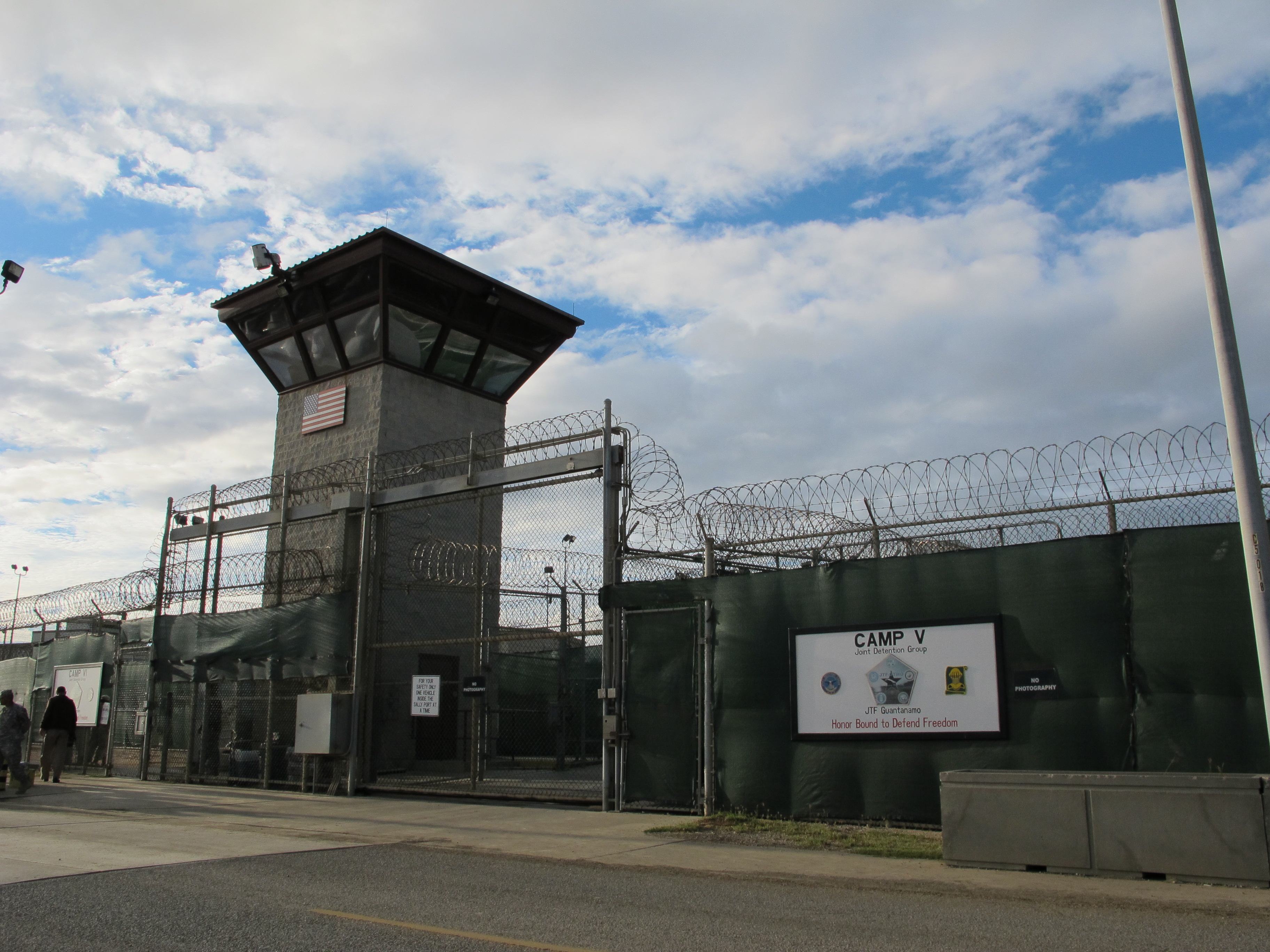
In February, after nearly nine years in custody, Noor Uthman Muhammed was to become the first terrorism suspect to be tried by military tribunal at Guantánamo Bay. His case would be the first test of the Obama administration's tribunal rules, which were revamped in 2009. While the new rules limit the use of hearsay and offer defendants more legal protections, many defense lawyers believe they do not go nearly far enough.
Until a few months ago, it appeared that Uthman Muhammed's tribunal would also be the first and last held at Guantánamo, as the Obama administration sought to close Guantánamo and move the remaining detainees to a federal facility. (Two other tribunal cases, which were initiated under President Bush, ended with guilty pleas.) But with Congress blocking funds for transferring Guantánamo detainees onto U.S. soil, and the ongoing political turmoil over trying terrorism suspects in Federal Court, it's been reported that the Obama administration will soon initiate more Guantánamo tribunals. Uthman Muhammed's commission trial was expected to serve as a model for how accused terrorists will be tried in post-9/11 America. Instead, on the first day of the commission proceedings, Uthman Muhammed entered a surprise guilty plea. Esquire magazine's Tyler Cabot examines the implications.
